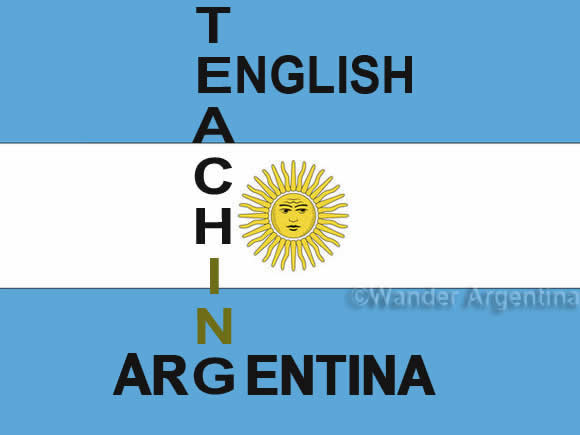A lot of those anticipating teaching English in Argentina move here with only a solid working knowledge of the language and a hope and a prayer. Others may feel more confident — and find it easier to secure a job — with a bit of training.
Teacher certification programs can help job seekers stand out from the large pool of English speaking émigrés hunting for work in Argentina and help to prepare for life in front of the classroom.
The online search for teaching certification courses can be a daunting task, as there are many programs available of varying length, intensity and cost. Equally confusing are the acronym-filled search results that turn up when trolling the internet for these programs.
The information available in the English teaching field is seemingly written in a language of its own — one in which educational jargon, abbreviations, labels and titles blend together causing headaches and confusion, especially when trying to determine which certification is the best choice.
The Lingo of ESL Teaching Programs: The Basics
A quick rundown of the most common terms describing the various programs can help clear up any confusion for those new to the vernacular of teaching English as a second language. Basic acronyms that describe areas of the teaching field are distinguishable from one another in some cases, but in others they are simply different ways to refer to the same thing. Most of these acronyms are now used interchangeably, especially ESL and EFL as well as TEFL, TESOL, and TESL.
ESL: English as a Second Language. ESL applies to English that is taught to a non-native speaker who lives in an English-speaking country, for example, a foreigner studying English in the United States.
EFL: English as a Foreign Language. EFL applies to English that is taught to a non-native speaker who live in a non-English speaking country, for example, an Argentine studying English in his or her home country.
TEFL: Teaching English as a Foreign Language. TEFL applies to teaching English to those whose primary language is not English and who live in a non-native English speaking country.
TESL: Teaching English as a Second Language. Comparable to TEFL,TESL is most commonly used in when describing teaching English to people who are not native English speakers, but live in a country where English is the dominant language.
TESOL: Teaching English to Speakers of Other Languages. This term usually encompasses aspects of both TEFL and TESL.
—Valerie Sarron


